In a significant development aimed at deescalating tensions, Venezuela and Guyana have reached an agreement to avoid the use of force and threats in their ongoing dispute over the resource-rich territory of Essequibo. The region, known for its enormous oil reserves, has been at the centre of contention since Venezuela revived its claim to the land following the discovery of oil off its coast in 2015.
The Venezuelan President, Nicolas Maduro, and his Guyanese counterpart, Mohamed Irfaan Ali, reaffirmed their commitment to “good neighbourliness” and “peaceful coexistence” during a tense meeting held in St. Vincent and the Grenadines on Thursday. They jointly declared that neither country would resort to force or threats against each other, even in relation to existing controversies between them.
To address matters concerning Essequibo, both leaders agreed to establish a joint commission comprising foreign ministers and officials from both countries. This commission will serve as a platform for dialogue and negotiation in resolving the long-standing dispute. Furthermore, Maduro and Ali announced their intention to meet again in Brazil within the next three months to continue discussions and seek comprehensive solutions.
Expressing his satisfaction with the meeting, President Maduro thanked President Ali for his candidness and willingness to engage in broad dialogue. Through Bolivarian Peace Diplomacy, Maduro emphasized the importance of raising historical reasons, seeking understanding, and finding a peaceful resolution to the controversy over Essequibo.
The dispute over Essequibo dates back over a century, but tensions have escalated recently, particularly after Venezuela claimed sovereignty over the region following a disputed referendum. On December 4, Venezuelan voters approved the referendum, leading to outcry in Guyana. The territory of Essequibo was awarded to Britain in 1899 by an international arbitral tribunal when Guyana was still under colonial rule. However, Venezuela has persistently disputed this decision, with President Maduro accusing Guyana, the United States, and oil firms of engaging in “legal colonialism” and robbing Venezuela of its rightful territory.
Guyana, on the other hand, maintains that the arbitral award is legally binding and sought the intervention of the International Court of Justice (ICJ) in 2018 to settle the matter definitively. Just recently, on December 1, the ICJ ordered Venezuela to refrain from taking any actions that would alter Guyana’s control over Essequibo.
With this recent agreement and commitment to peaceful dialogue, Venezuela and Guyana have taken a significant step towards resolving their long-standing border dispute. The establishment of a joint commission and the planned future meetings demonstrate a willingness to find a mutually acceptable solution and promote regional stability in South America.


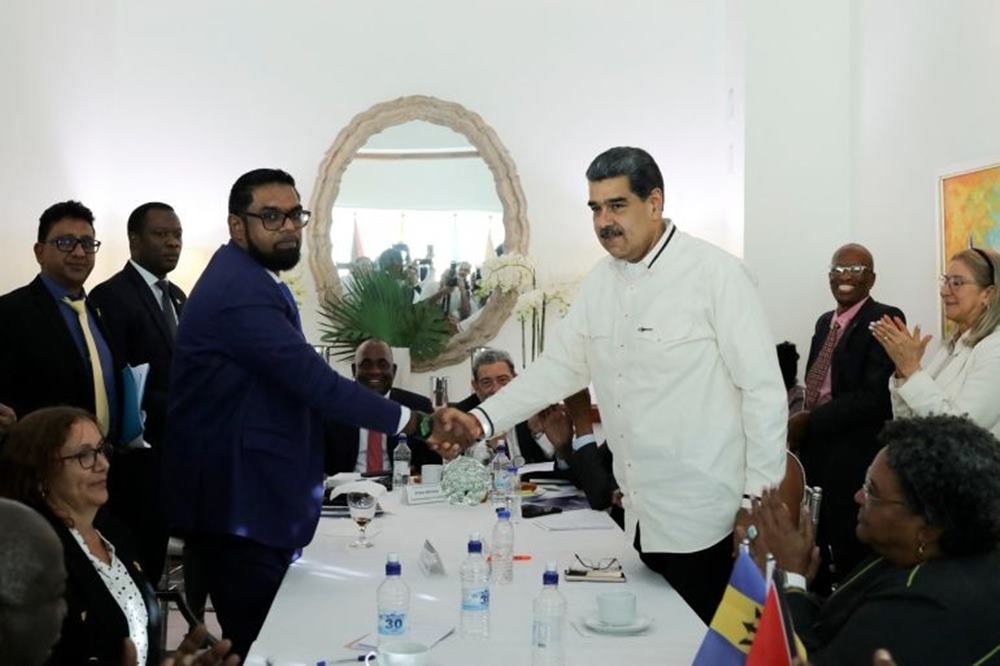
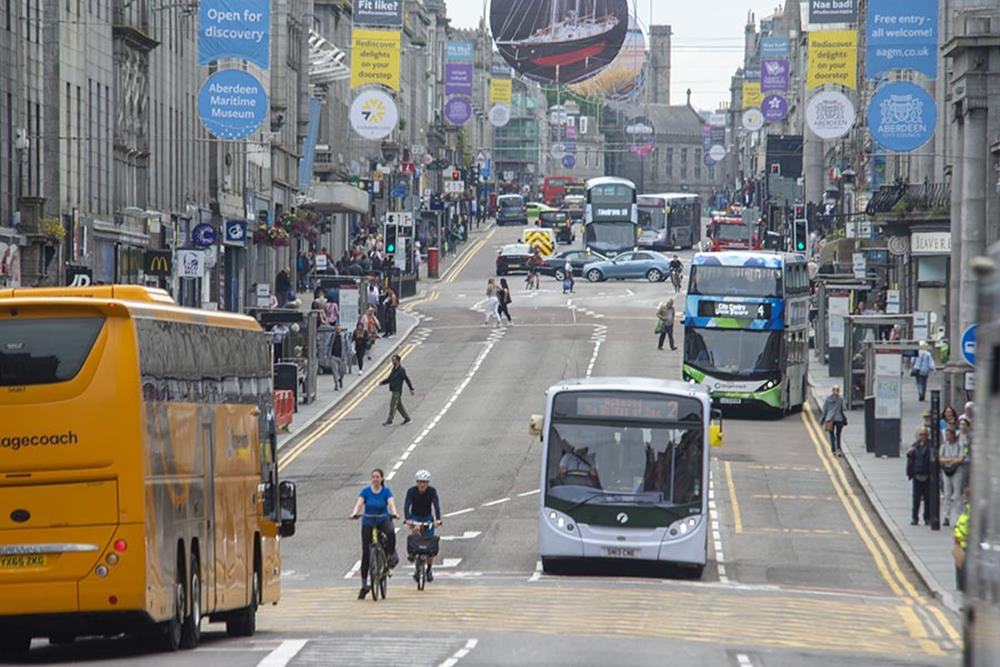
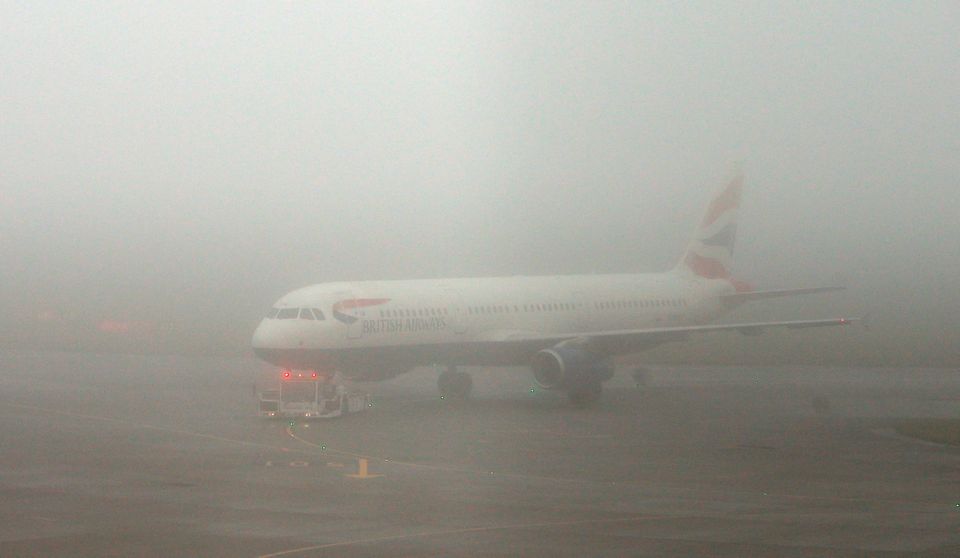
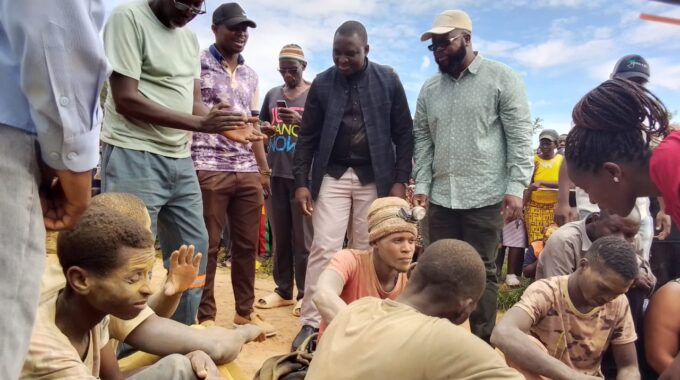
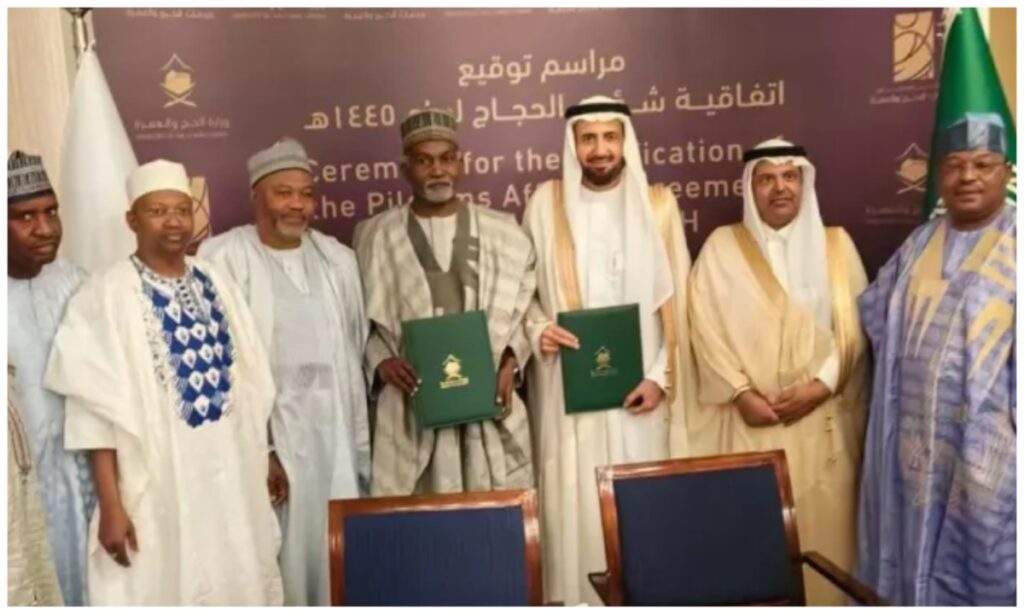


No comment yet, add your voice below!